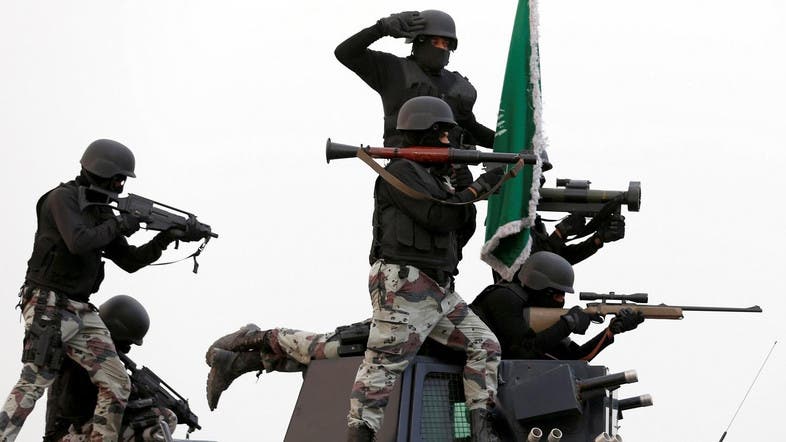Saudi official: Turkish military base in Qatar ‘complicates’ the situation
Saudi Arabia’s ambassador to Turkey, Walid al-Khuraiji, has said that the Turkish base in Qatar “complicates the situation.” He also expressed Riyadh’s hope that Ankara would take a “neutral” position on the crisis with Doha.

Members of Saudi security forces take part in a military parade, September 5, 2016. (Reuters)